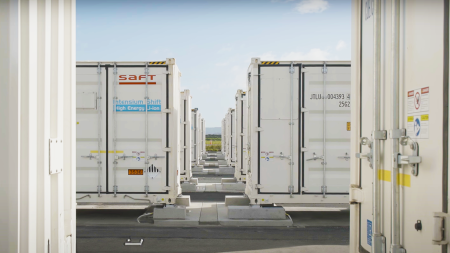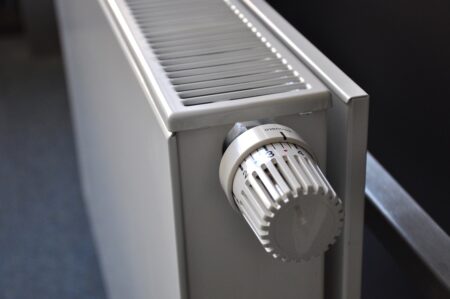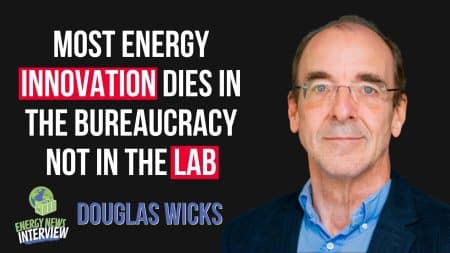Next Hydrogen’s recent collaboration with the University of Minnesota (UMN) to demonstrate ammonia production from renewable energy marks a significant milestone in the company’s journey.
The installation of its latest generation alkaline electrolysis system at UMN’s West Central Research and Outreach Centre (WCROC) is poised to play a pivotal role in this effort.
Next Hydrogen asserts that its electrolysers will offer “complete and responsive renewable energy load following capability,” which is essential for producing hydrogen from intermittent energy sources like wind and solar. While this sounds promising, it’s important to scrutinize how this capability compares to existing technologies. The hydrogen industry has long grappled with the challenge of efficiently capturing and storing energy from variable sources, and the real test for Next Hydrogen’s system will be its performance under actual operational conditions. Claims of responsiveness and efficiency will need to be substantiated through rigorous testing and comparison against industry standards.
The involvement of notable partners like RTI International, Casale, and Nel Hydrogen lends credibility to the project. However, the question remains whether these collaborations will truly drive innovation or merely serve as a means to leverage existing technologies without substantial advancements. The inclusion of industry giants like GE and Shell in the project team could indicate a robust support network, but the ultimate success of the initiative will depend on whether these partnerships lead to tangible improvements in hydrogen production and ammonia synthesis.
Last year, Next Hydrogen received $750,000 in R&D funding to scale up its alkaline electrolyser manufacturing. While this investment is a positive step, the scale of funding raises questions about the company’s capacity to compete with larger players in the hydrogen sector. Alkaline electrolysis, though cost-effective, faces stiff competition from more advanced technologies like proton exchange membrane (PEM) electrolysis, which offers higher efficiency and faster response times. The real challenge for Next Hydrogen will be to demonstrate that its alkaline electrolysers can offer a compelling alternative without compromising on performance or scalability.








